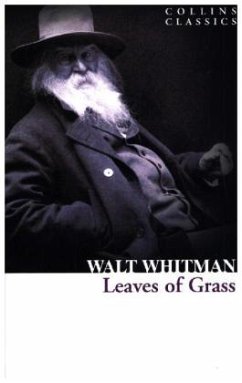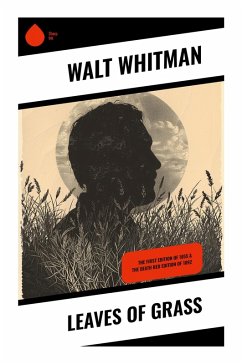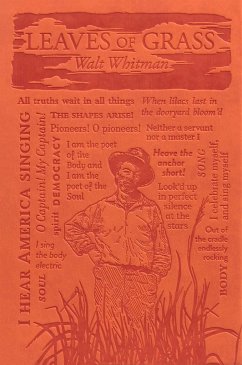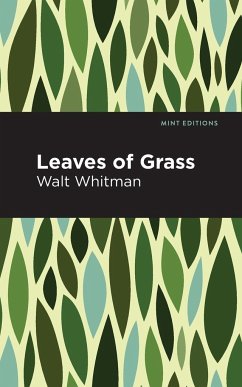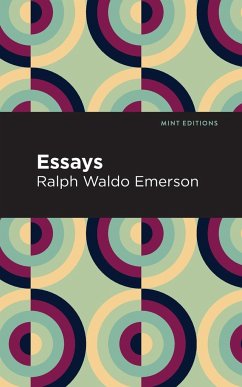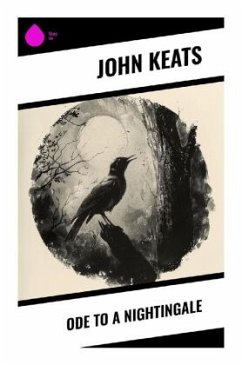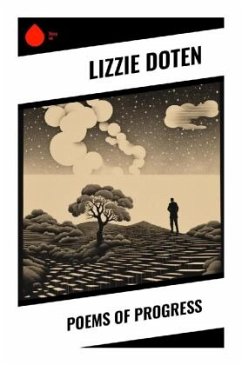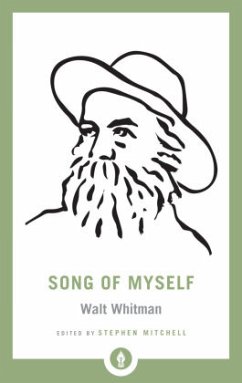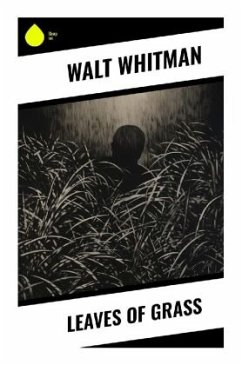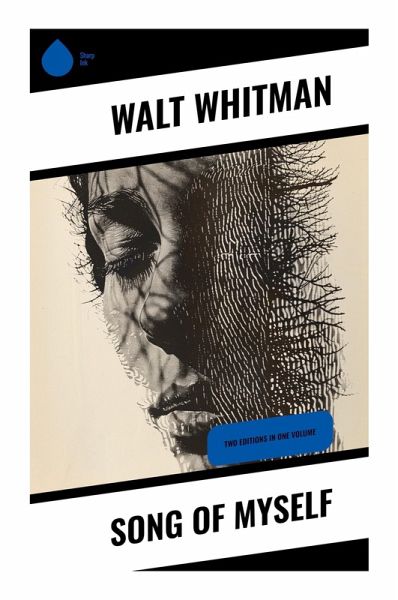
Song of Myself
Two Editions in One Volume
Versandkostenfrei!
Versandfertig in 6-10 Tagen
33,90 €
inkl. MwSt.

PAYBACK Punkte
0 °P sammeln!
In "Song of Myself," Walt Whitman crafts a groundbreaking poetic manifesto that celebrates individuality and the interconnectedness of all life. Written in free verse and utilizing a conversational, inclusive style, the poem transcends traditional boundaries of form and subject, inviting readers into an expansive meditation on selfhood, nature, and the American experience. As part of his larger work, "Leaves of Grass," published in 1855, the poem reflects the era's growing spirit of nationalism, romanticism, and democratic ideals, while simultaneously challenging societal norms and conventions...
In "Song of Myself," Walt Whitman crafts a groundbreaking poetic manifesto that celebrates individuality and the interconnectedness of all life. Written in free verse and utilizing a conversational, inclusive style, the poem transcends traditional boundaries of form and subject, inviting readers into an expansive meditation on selfhood, nature, and the American experience. As part of his larger work, "Leaves of Grass," published in 1855, the poem reflects the era's growing spirit of nationalism, romanticism, and democratic ideals, while simultaneously challenging societal norms and conventions surrounding identity and sexuality. Walt Whitman, often hailed as the father of free verse, was born in 1819 during a period of immense social change in America. Growing up in a diverse environment, his experiences as a teacher, printer, and journalist profoundly shaped his perspectives on democracy and humanity. His embrace of transcendentalism and keen observations of the American landscape informed his desire to create a voice for the collective human experience, ultimately leading to this transformative work that intertwines the personal and universal. "Song of Myself" is essential reading for anyone seeking an introspective yet expansive exploration of self. Whitman's unapologetic celebration of the human spirit invites readers to reflect on their own identities and place within the cosmos, making it a timeless and profound addition to any literary collection.



